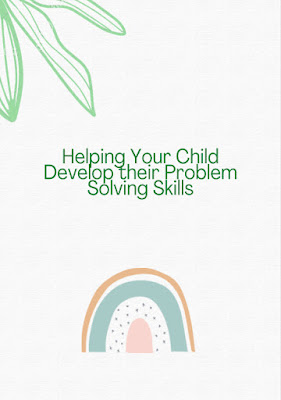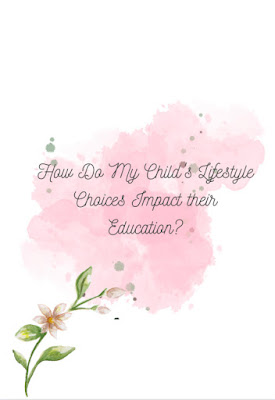A team player means you’re able to handle tough decisions, be able to manage problems that are presented in front of you, and be able to feel resilient and capable of handling your own. These are key for a child to pick up their first extracurricular activities, sports, and other hobbies that involve a group of people, but it’s also key for their development in school projects as well.
In this guide from a prep school in Hertfordshire, we take a look at the ways you can help your child to be a team player.
Test their communication skills
Being a team player means you have to learn to communicate. Your child should be well versed in knowing how to talk to others and give their own opinions, their thoughts on a situation, and work out an action plan. Team players need to communicate to ensure a plan or project is going ahead as planned, and to inform others if there are changes to said plan.
Allow your child to explore a range of different activities
Exposure to different activities is a great way to see what your child enjoys and what they’d rather avoid in the future. A lot of these activities rely on teamwork, so it’s a perfect environment for your child to practice being a reliable member of the team. From team sports like football to big art projects for a mural at school, they all rely on children working together to get the job done well.
Put your child in the driver’s seat
Independent thinking also factors into a child’s understanding of how they can be an effective team player. Teams always need a leader to put a team in the right direction and your child could have the qualities a team could be after. Leaders direct teams, take into account other opinions and work together on making the best decisions for the group.
*sponsored post*









